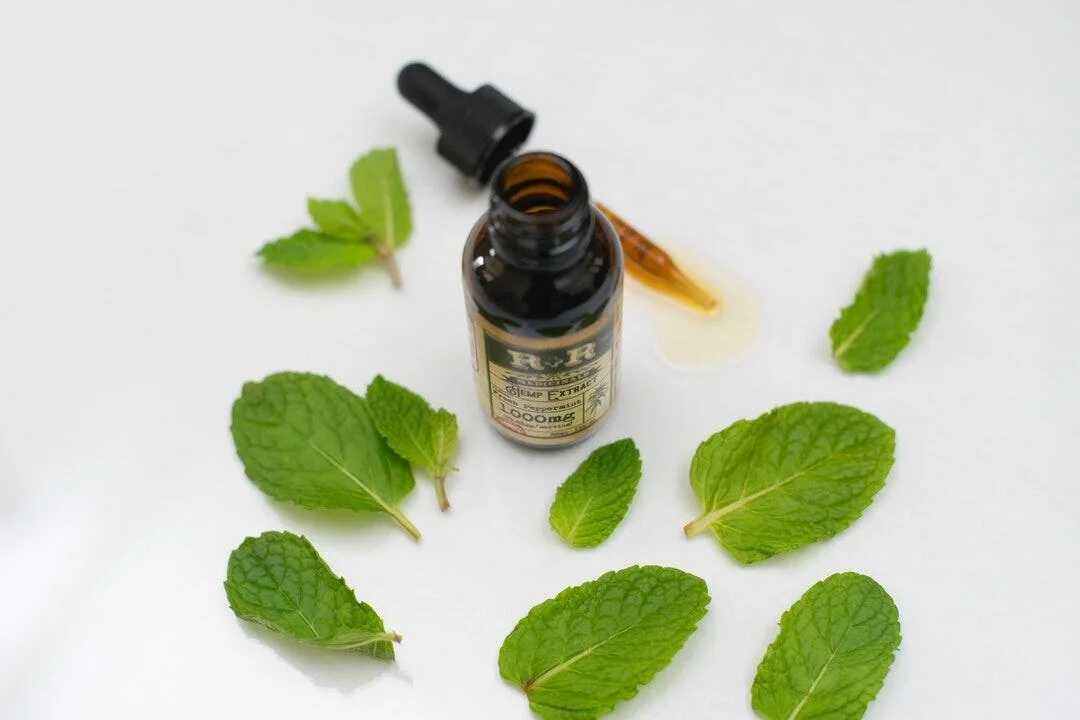Herbal Tinctures for Beginners: Top Herbs to Start With
Stepping into the world of herbal remedies can be an exciting adventure. For those new to the concept, herbal tinctures offer a convenient and effective way to harness the healing power of nature.
Read on to learn the top herbal tinctures for beginners and how to incorporate them into your wellness routine.
Echinacea
Echinacea is one of the most well-known and widely used herbal tinctures. It is commonly used to boost the immune system and fight off colds, flu, and other infections.
To use echinacea tincture, simply add a few drops into water or juice and drink it up to three times a day. These herbal tinctures are also available in pill form for those who prefer a more convenient option.
Peppermint
Most commonly known for its refreshing aroma and flavor, peppermint is also an excellent herbal tincture for beginners. It has anti-inflammatory properties and can help with digestive issues such as bloating and nausea.
Peppermint tincture can be taken on its own or added to hot water for a soothing tea. These natural herbal remedies can also be used as a topical treatment for headaches or muscle pain.
Ginger
Ginger is another versatile herbal tincture that has numerous health benefits. It is commonly used to ease nausea, motion sickness, and digestive issues. Ginger has also been shown to have anti-inflammatory and pain-relieving properties.
Similar to peppermint, ginger tincture can be taken on its own or added to hot water for a tasty tea. These herbal extracts are also available in capsule form for easy consumption.
Garlic
Garlic is not only a staple in the kitchen, but it is also a powerful herbal tincture. It has antimicrobial and immune-boosting properties and can help prevent and treat infections.
To use garlic tincture, add a few drops into water or juice and consume up to three times a day. It can also be applied topically on skin irritations or fungal infections.
Turmeric
Turmeric is an herb commonly used in Indian cuisine and is gaining popularity as a potent herbal tincture. It contains curcumin, a powerful anti-inflammatory compound that may help reduce pain and inflammation.
To reap the benefits of turmeric, add a few drops of the tincture to warm milk or water. It can also be taken in capsule form for convenience.
Chamomile
Chamomile is another excellent choice for beginners looking to incorporate herbal tinctures into their wellness routine. Known for its mild sedative effects, chamomile can help with relaxation and anxiety.
You can also use Gold Dragon Kratom for pain relief and a better mood. This can help relieve stress and relax your mind. Chamomile tincture can be taken on its own or added to tea for a calming bedtime ritual. It can also be used topically on skin irritations or wounds.
Lavender
Lavender is well-known for its calming scent and has been used for centuries to promote relaxation and alleviate stress. As an herbal tincture, it can help reduce anxiety, improve sleep quality, and provide relief from headaches.
To use lavender tincture, add a few drops to a glass of water or tea before bedtime, or consider adding it to a diffuser for a calming atmosphere in your home.
Incorporating Herbal Tinctures into Your Routine
As with any supplement or natural remedy, it is important to consult with a healthcare professional before incorporating herbal tinctures into your routine. It is also essential to follow recommended dosages and pay attention to any potential interactions with medications you may be taking. Remember that consistency is key when it comes to reaping the benefits of natural remedies.
Visit our website and read more.
Share this content:














Post Comment